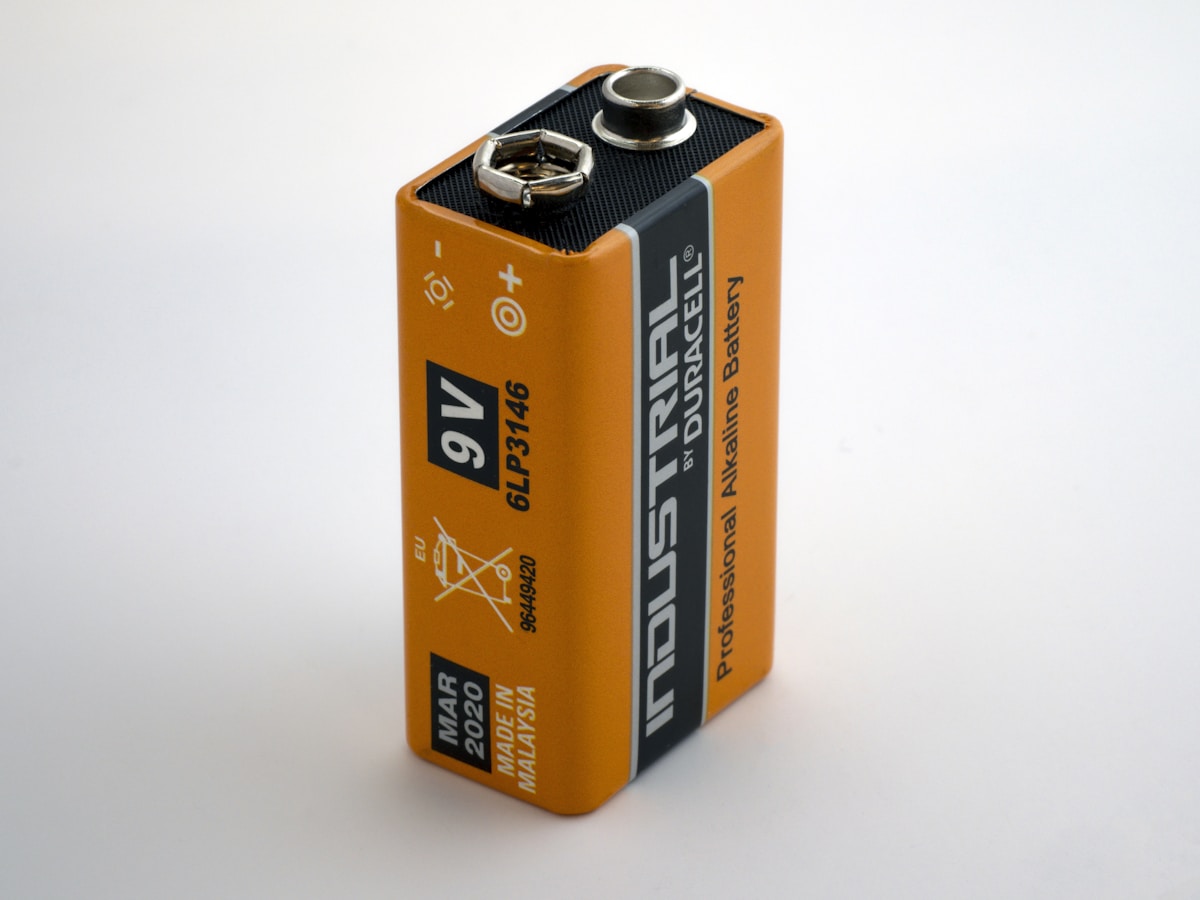Back to Industry News
Cleantech
PLAN-B NET ZERO Integrates BESS, Hydrogen, and AI for Energy Resilience
Summary generated with AI, editor-reviewed
Heartspace News Desk

Photo by Brett Jordan on Unsplash
Key takeaways
- PLAN-B NET ZERO AG presented a concept for enhanced energy grid stability at the D-A-CH Hydrogen Symposium
- The plan focuses on Germany, Austria, and Switzerland
- It combines battery energy storage systems (BESS), green hydrogen production, and artificial intelligence (AI) to create a flexible energy network
PLAN-B NET ZERO AG presented a concept for enhanced energy grid stability at the D-A-CH Hydrogen Symposium. The plan focuses on Germany, Austria, and Switzerland. It combines battery energy storage systems (BESS), green hydrogen production, and artificial intelligence (AI) to create a flexible energy network. This system aims to stabilize power grids and bolster energy supply security across the DACH region.
Tjark Connor Hennings-Huep, a battery systems expert with PLAN-B NET ZERO, stated the necessity for decentralized systems that react to energy fluctuations. The proposed model pairs short-term battery storage with hydrogen technologies for longer-duration energy storage. This combination creates operational efficiencies and strengthens overall system resilience. AI algorithms will forecast and control energy generation, storage, and consumption in real time, dynamically balancing the energy ecosystem.
PLAN-B NET ZERO is also pursuing regional energy hubs. These hubs will link photovoltaic generation, battery storage, and electrolyzers to optimize energy use. The company is developing approximately 1.3 GWh of standalone BESS projects. These projects will convert surplus renewable energy into hydrogen, ensuring smooth system operations and cost-effectiveness. The company aims to create a more resilient and efficient energy infrastructure for the DACH region.
Related Topics
Battery Energy Storage SystemsHydrogenArtificial IntelligenceEnergy ResilienceDACH RegionRenewable Energy
Want coverage like this for your company?
Local & industry wins build trusted proof, SEO/geo signals and prime national editors.
Check fit (2 min)